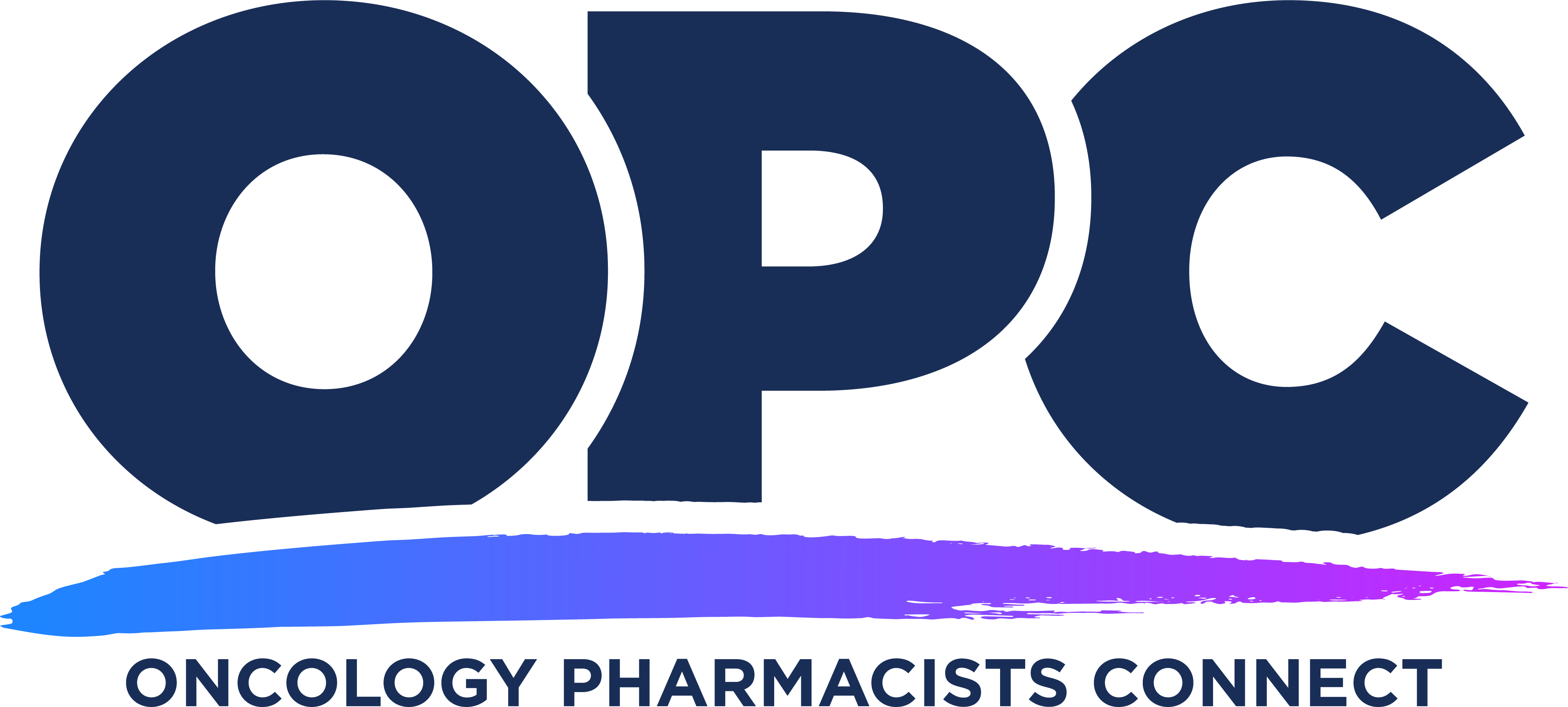
New Therapies Show Significant Efficacy in Breast Cancer

Both immunotherapies and targeted therapies are showing significant promise in these areas, offering patients new treatment options.
In an interview with Pharmacy Times, Danielle Roman, PharmD, BCOP, oncology clinical pharmacy specialist at Allegheny Health Network, discussed updates in treatments for breast cancer, including HER2–low, HR–positive, HER2, and triple negative breast cancers. Both immunotherapies and targeted therapies are showing significant promise in these areas, offering patients new treatment options.
Q: The sub-category of HER2-low has been a major recent development in breast cancer. Why is this category and its identification so important?
Danielle Roman, PharmD, BCOP: So, it's been known that there is a population of patients that doesn't have that overexpression of HER2, so they don't qualify as being HER2-positive, but they still do have expression of HER2. Really being able to capitalize on that as being a target has been of interest for a long time, but we really just didn't have any successes with the monoclonal antibodies that were on the market; they seemed to really have the activity strictly in those patients that are overexpressed. And it wasn't until we had more recent potent antibody drug conjugates that we were really able to find kind of a treatment option for that patient population. And it really is a significant number of patients. So more than half of patients that will have, you know, that HER2-low—so some expression of HER2, but not qualifying for a high expression.
Q: What new treatment opportunities has HER2-low opened up?
Danielle Roman, PharmD, BCOP: So, we have an antibody drug conjugate, trastuzumab deruxtecan. It is a HER2 monoclonal antibody, trastuzumab—it's been on the market for quite some time now—that is attached via a cleavable linker to a topoisomerase I inhibitor, deruxtecan. What's really unique about this is it's highly potent, and it has a great effect in being able to target HER2, but also has something known as bystander effect. So not just those cells that are expressing HER2, but also kind of leaking into other nearby cells, and having the cytotoxic effect of that topoisomerase I inhibitor. So that's really where there has been great interest in using these agents. The DESTINY-Breast04 trials really cemented that option for patients with HER2-low.
Q: Targeted therapies have been a relatively new area of focus for HR-positive breast cancer treatment. What available drugs exist for this, and what evidence supports their use?
Danielle Roman, PharmD, BCOP: So, in terms of targeted therapies, we've had some growth in this area as well. One of those agents has been alpelisib. It's an agent that's a PI3K inhibitor, so it works for patients with a PIK3CA mutation in the second-line setting. In particular, this one is in combination with a hormonal agent, fulvestrant, in the second-line setting, but really has shown benefit particularly in those patients having that PIK3CA mutation. So that's one of the newer targeted therapies on the market.
And one of the newest is a drug called elacestrant. We know that many patients with hormone receptor-positive disease develop endocrine resistance over time, and [it is] one of those key areas of resistance in patients that have an ESR1 mutation. Elacestrant is an oral SERD, or selective estrogen receptor degrader, that has particular activity in those patients with an ESR1 mutation. So, it’s really important that we're testing for these things up front now and being able to determine which patients qualify for these therapies. In particular, with something like an ESR1 mutation, this can be an acquired mutation over time, so not just upfront testing at the time of diagnosis, but retesting patients at a time of progression to be able to identify whether this is a treatment option is an important part of treatment.
Newsletter
Stay informed on drug updates, treatment guidelines, and pharmacy practice trends—subscribe to Pharmacy Times for weekly clinical insights.


























